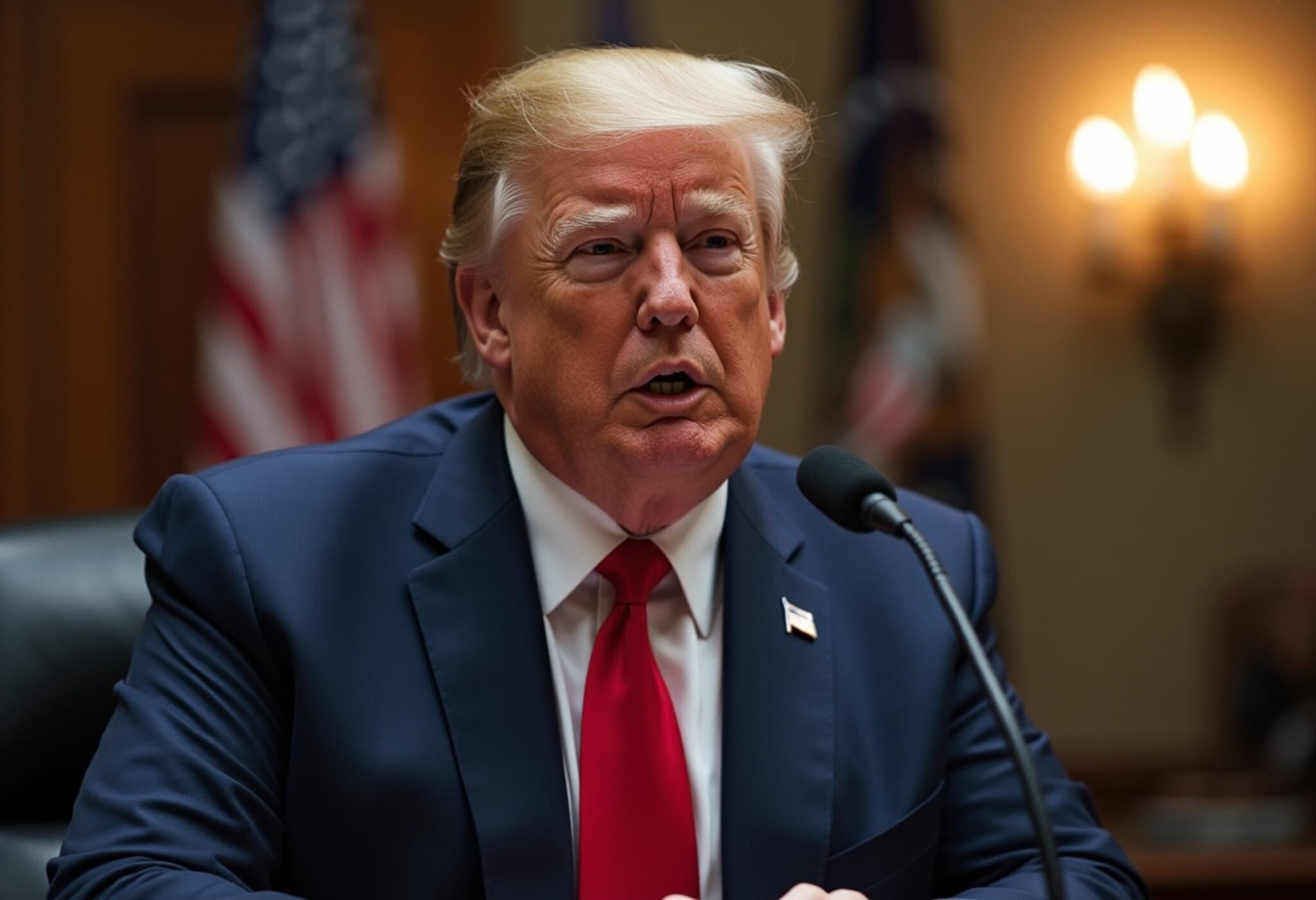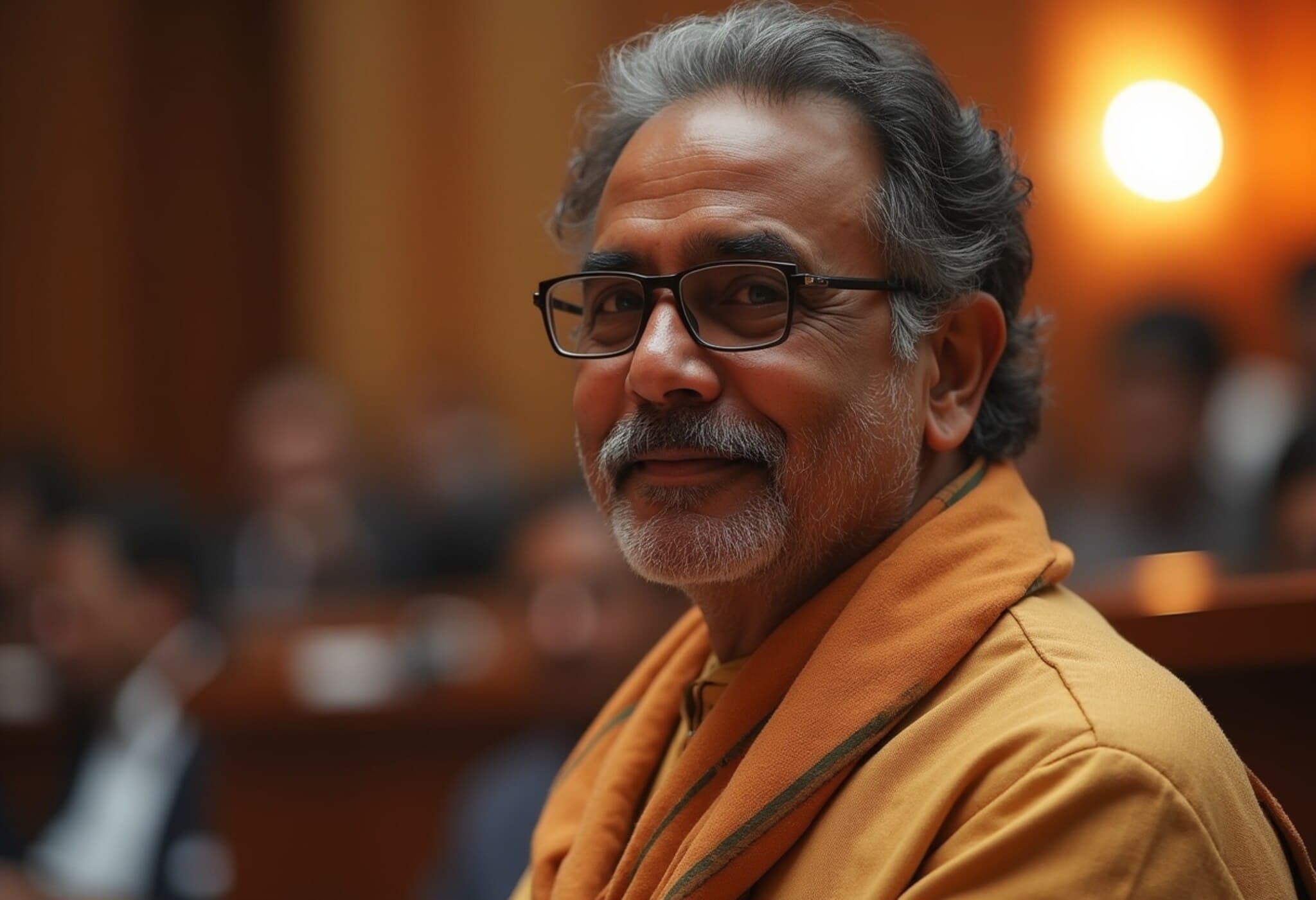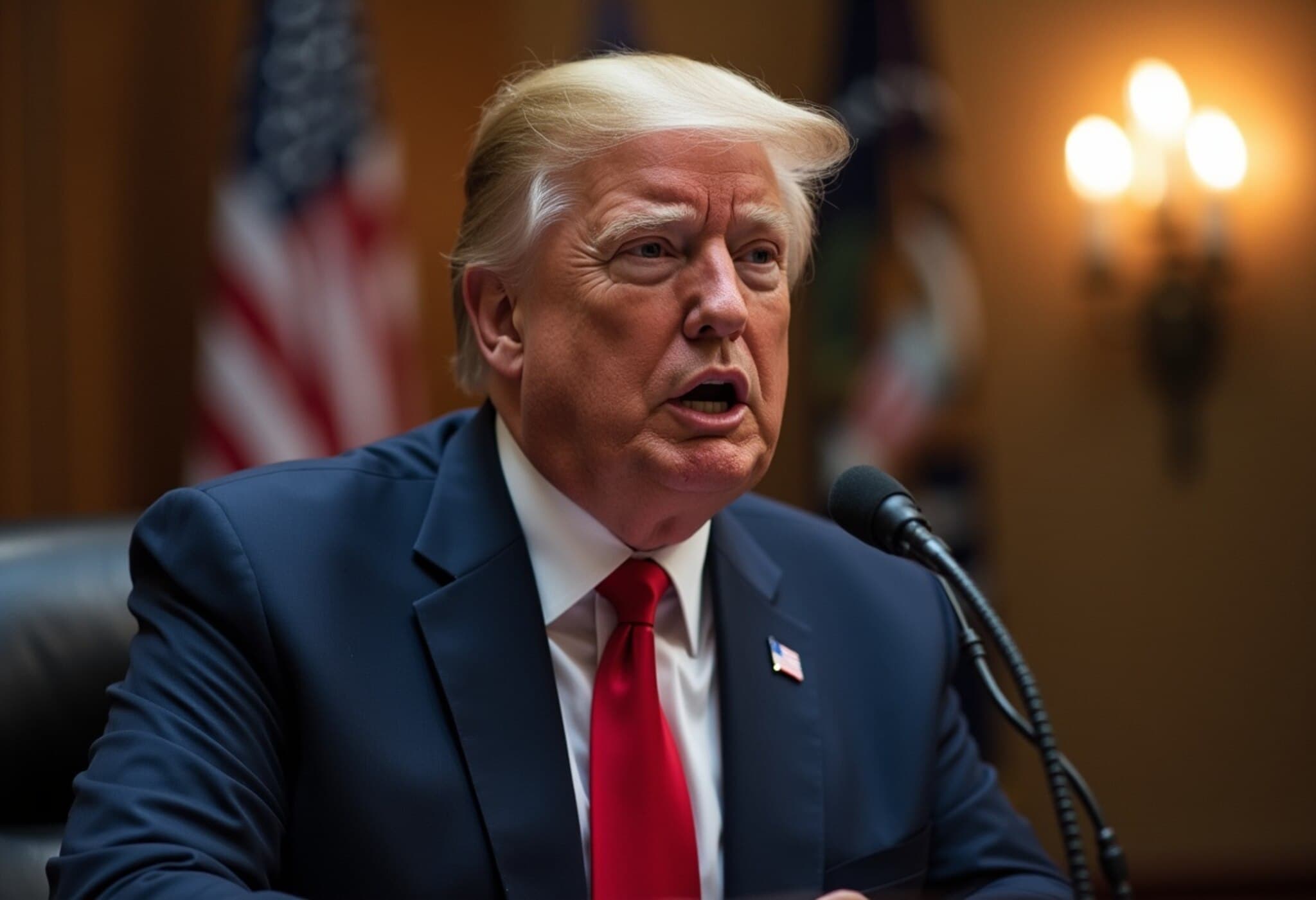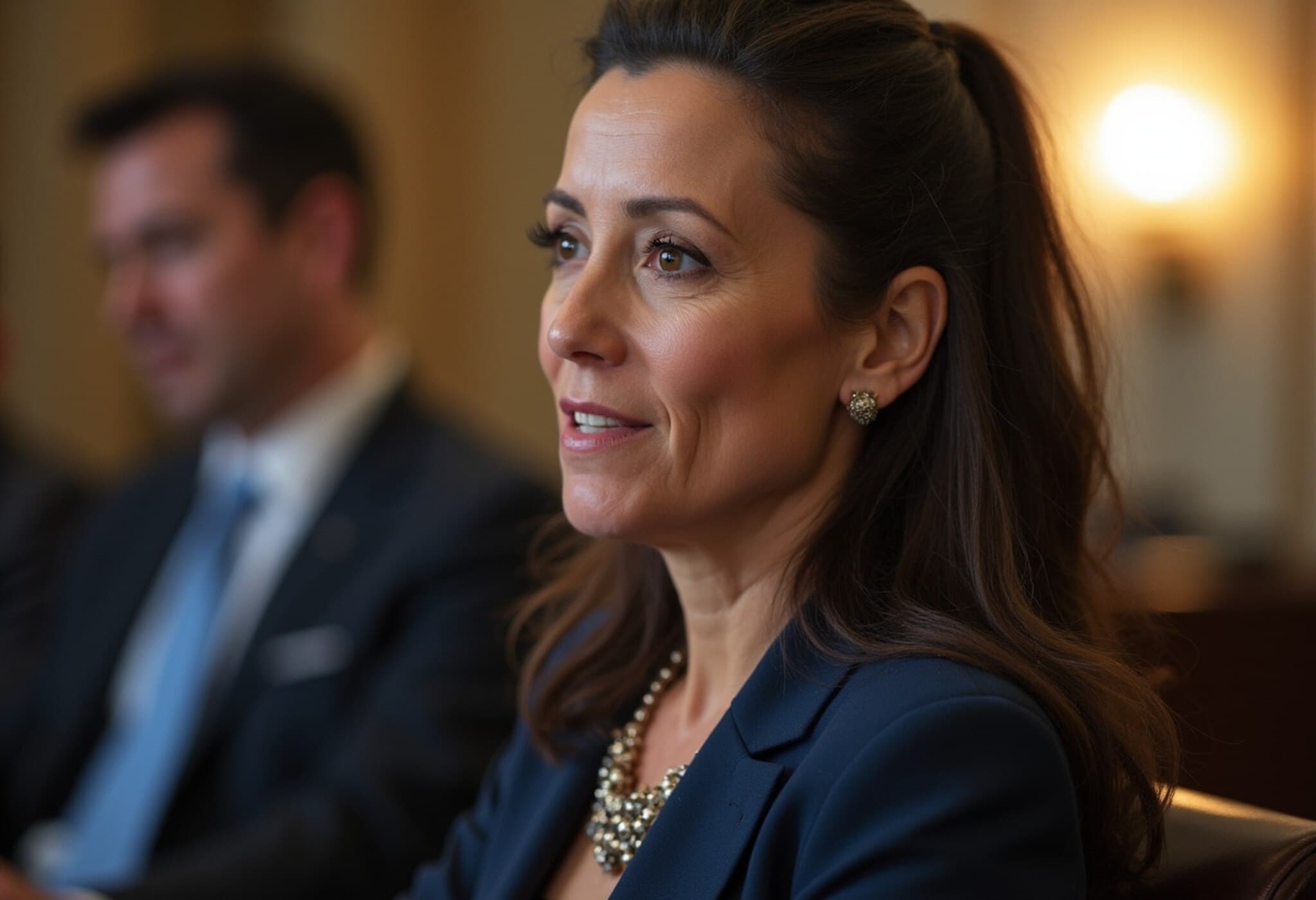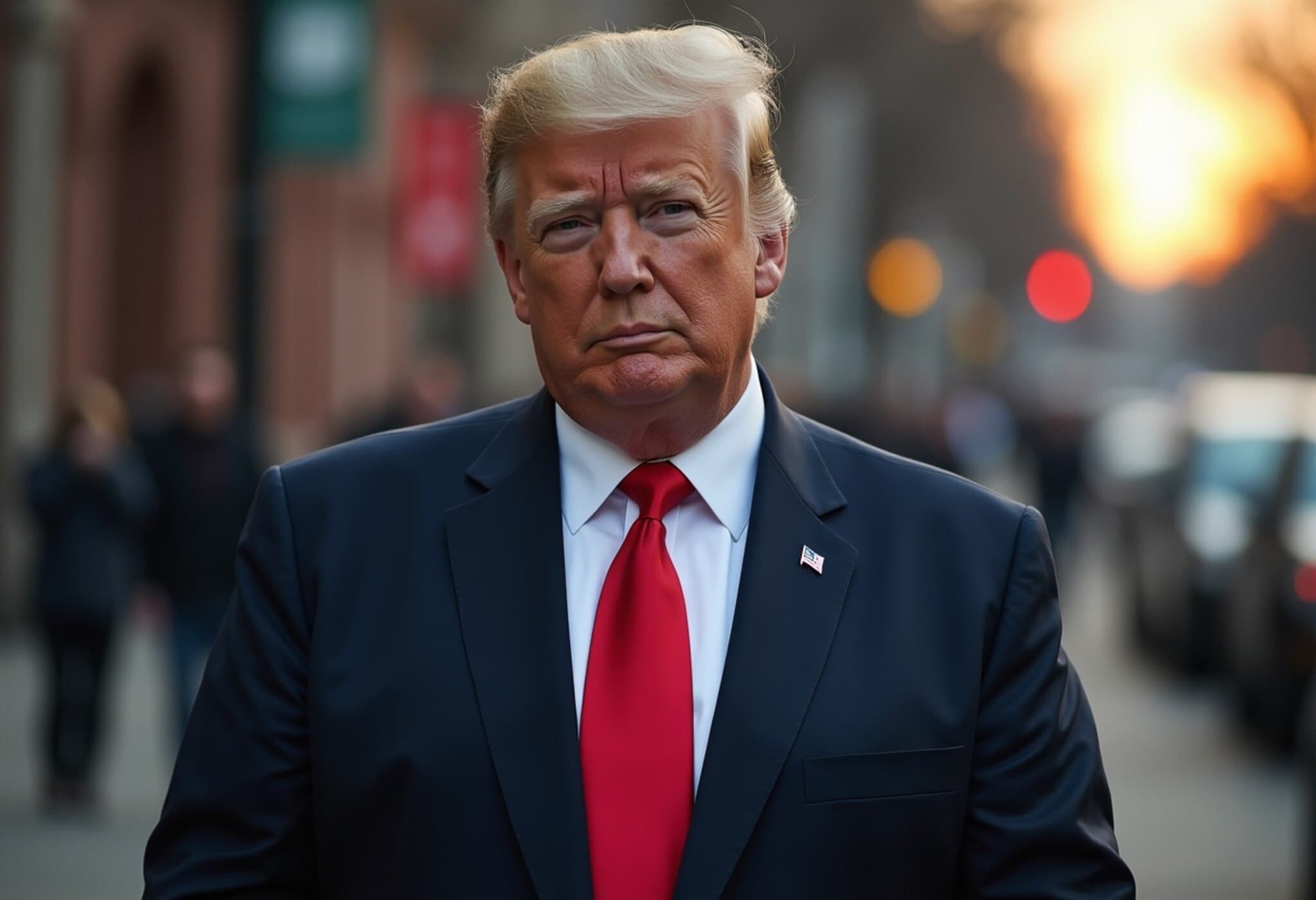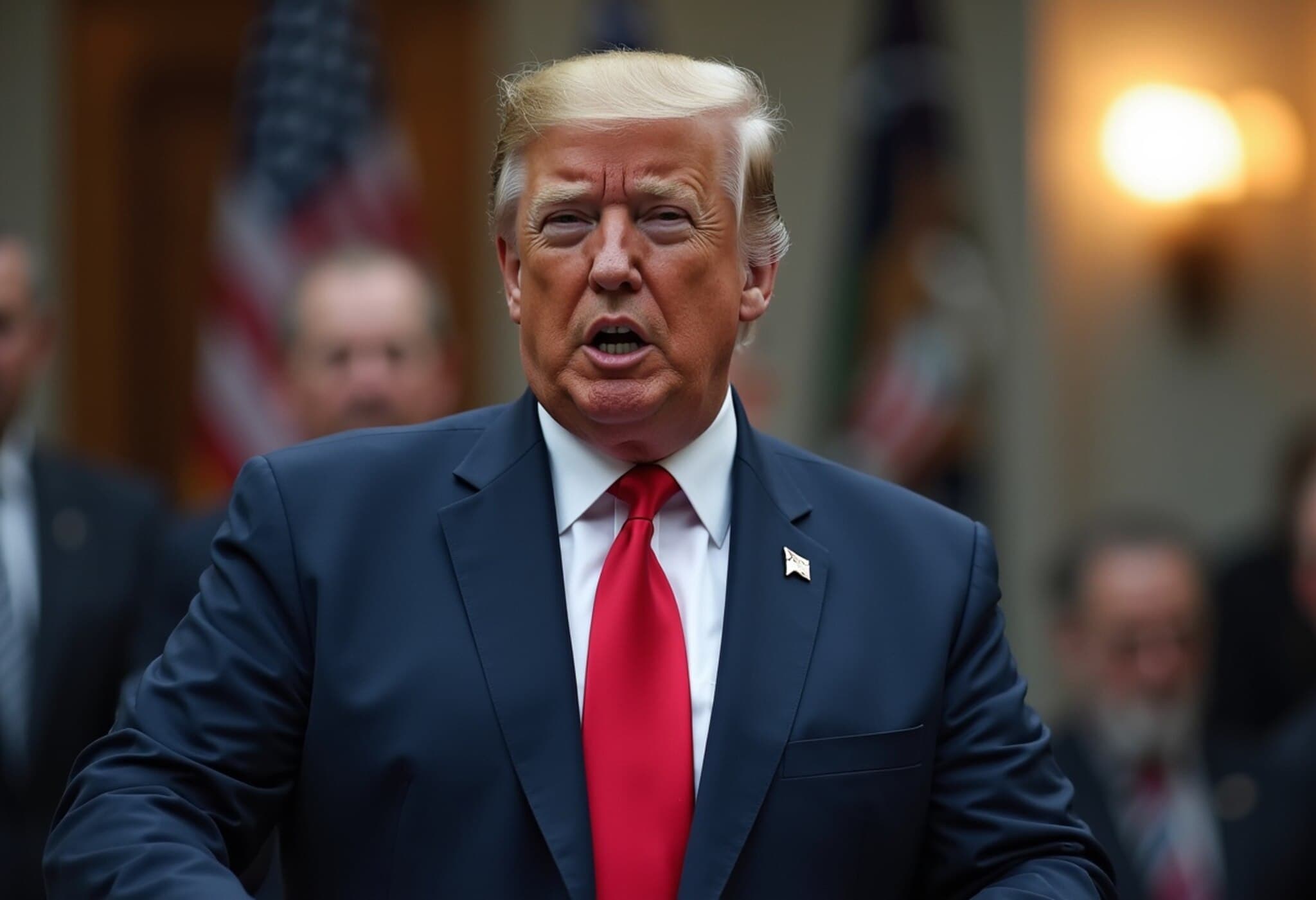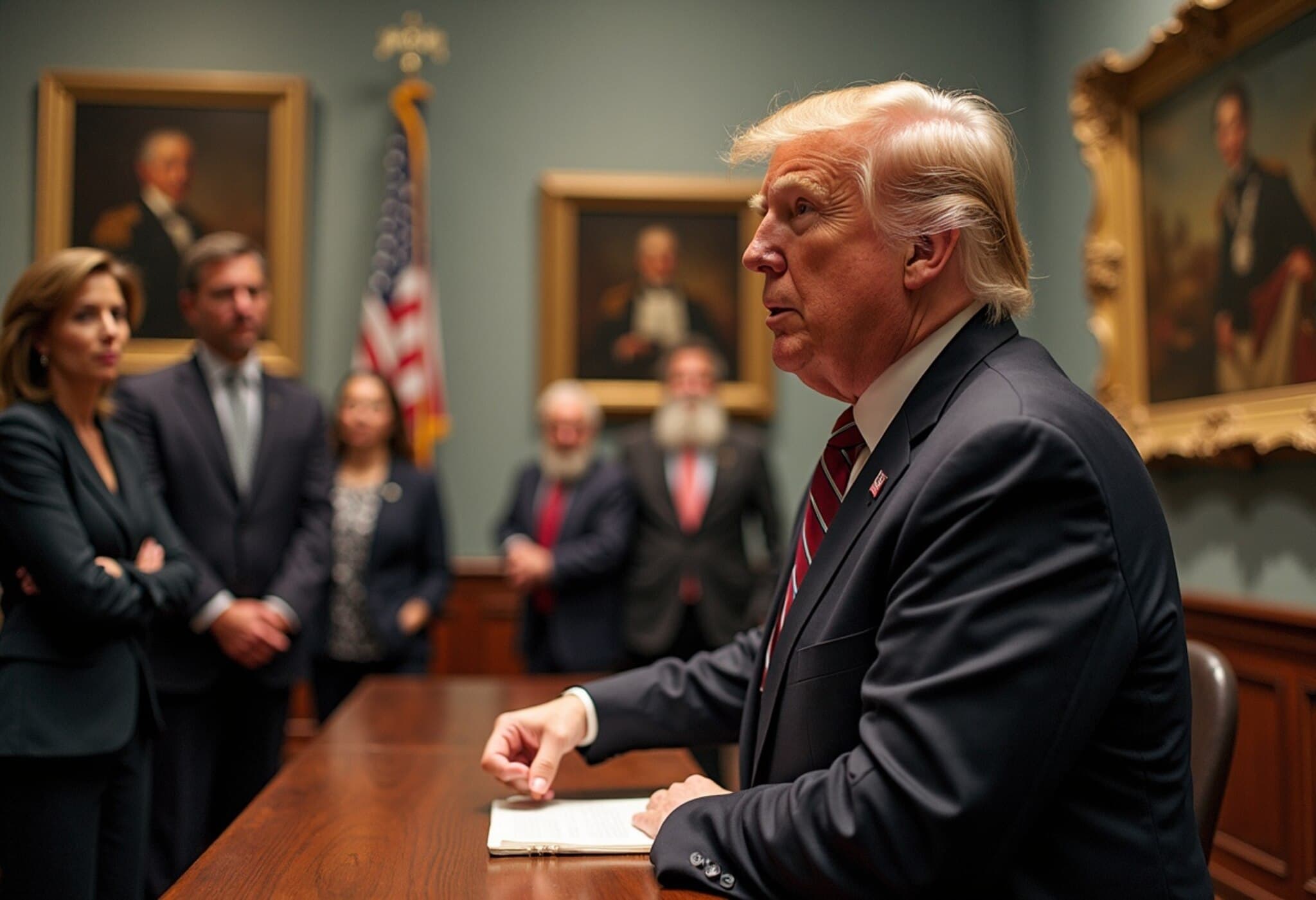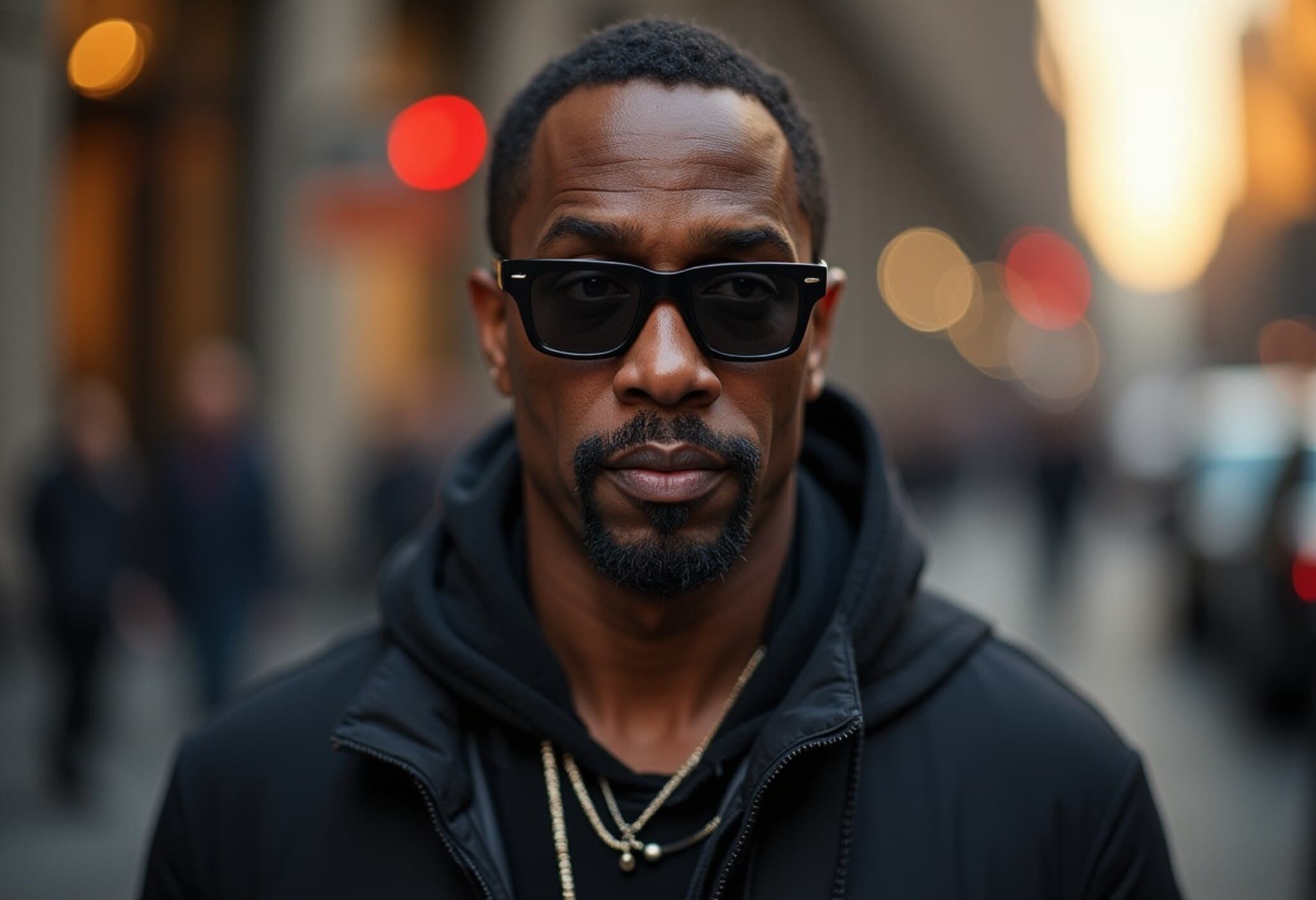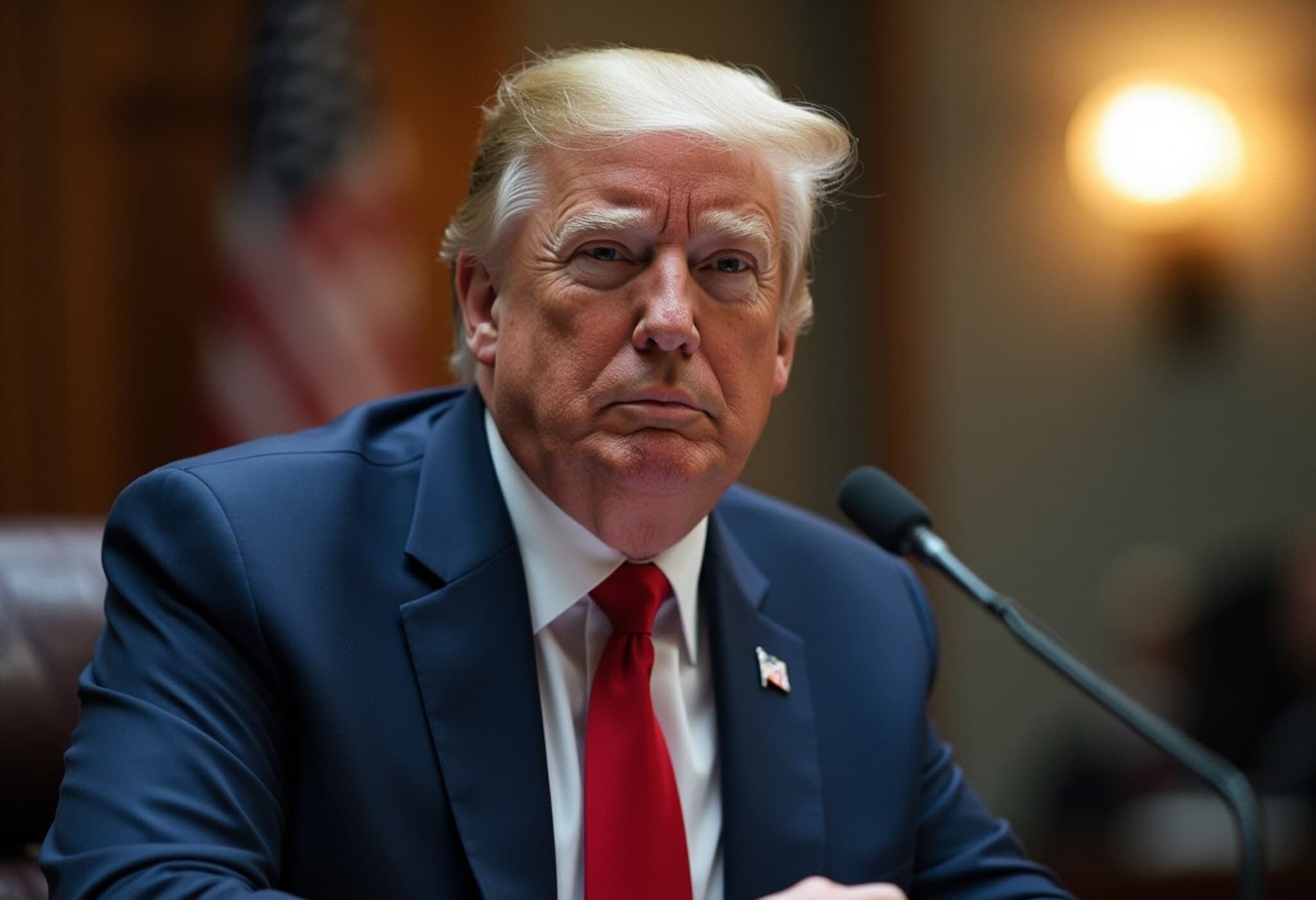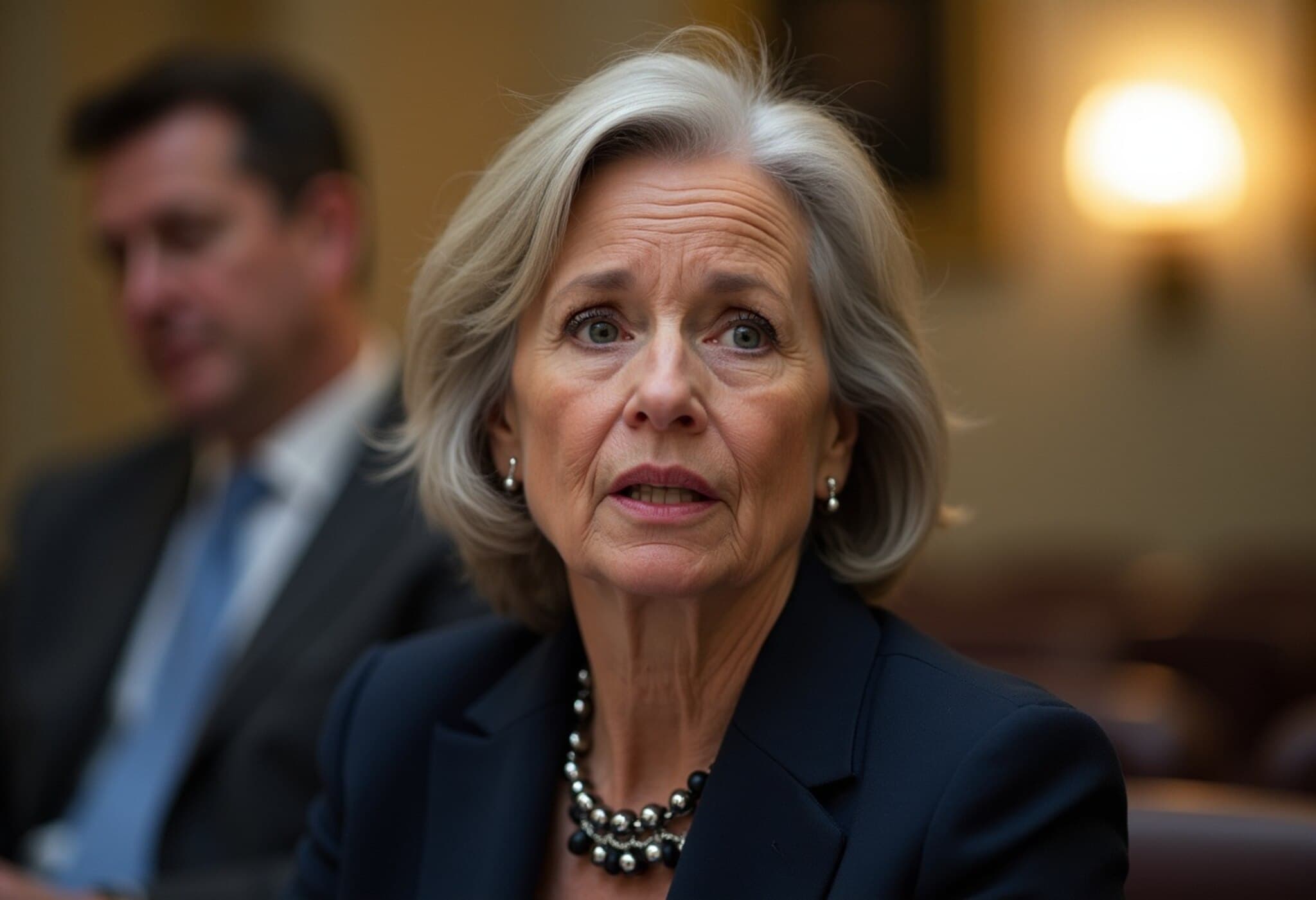Trump’s Federal Judiciary Strategy to Curtail Abortion Access
As Donald Trump pushes a slate of federal judicial nominees with deeply conservative views on abortion, a significant transformation is quietly underway in the American legal landscape. Unlike overt legislative battles or executive orders that often generate political firestorms, this approach seeks to reshape abortion rights by embedding anti-abortion ideologues within the federal courts – an arena where lifetime appointments can influence policies for decades.
Judges as Strategic Frontline in the Abortion Debate
A recent Associated Press review reveals that nearly half of Trump’s 17 judicial nominees during his second term hold strong anti-abortion convictions. These nominees have not only publicly advocated against abortion rights but have also defended some of the country’s most restrictive abortion laws, including those limiting access to medication abortion.
This judicial selection tactic represents a deliberate pivot from overt policymaking to a subtler, long-term legal restructuring. Bernadette Meyler, a constitutional law scholar at Stanford University, describes it as a “federal shaping” of abortion policy that evades the high-profile backlash of legislation or executive orders.
Key Judicial Nominees Driving Change
- Whitney Hermandorfer, appointed to the 6th U.S. Circuit Court of Appeals, has a documented history of challenging federal protections for abortion and transgender rights, notably defending Tennessee’s stringent abortion ban by arguing that abortion warrants “special scrutiny” as it ends a life.
- Maria Lanahan, a Missouri district court nominee, played a key role drafting lawsuits aimed at undermining FDA approval of the abortion pill mifepristone and defended efforts to defund Planned Parenthood’s Medicaid services.
- Jordan Pratt, nominated for a federal judgeship in Florida, has publicly labeled abortion a “barbaric practice” and supported one of the nation’s earliest abortion bans, around six weeks gestation.
- Joshua Divine, Missouri’s deputy solicitor general and judicial nominee, co-authored misleading litigation framing medication abortion as “starving the baby to death,” directly contradicting 2024 state ballot measures that protected abortion rights.
A Coordinated Federal Effort Masked as States’ Rights
Though Trump publicly advocates for state autonomy in abortion legislation, the nomination patterns suggest a federally coordinated effort to impose restrictive abortion access nationwide. The nominees predominantly hail from Republican-led states that aggressively limit abortion, reinforcing a judicial network prepared to uphold these constraints.
The White House defends these appointments by emphasizing alignment with the Supreme Court’s 2022 decision that overturned Roe v. Wade and highlighted the “sanctity of human life”. Yet, reproductive rights advocates argue this maneuver effectively reverses decades of progress by filling courts with judges likely to dismantle abortion protections without public scrutiny.
The Broader Implications for Abortion Rights in America
Mini Timmaraju, president of Reproductive Freedom for All, observes, “This is a deliberate strategy to dismantle abortion access quietly through the courts, while publicly claiming to defer to states.” She warns that lifetime judicial appointments threaten to close off crucial legal pathways that advocates have long relied upon to challenge restrictive abortion laws.
As Trump’s nominees continue to secure lifetime federal appointments, the courts emerge as the central battleground over reproductive rights—less a matter of public debate and more a function of strategic judicial gatekeeping.
What This Means for Policy and Society
This evolving judicial landscape raises urgent questions about the future of abortion policy and democracy itself:
- How does the increasing power of federal judges reshape the balance between state sovereignty and individual rights?
- What mechanisms remain for the public or their representatives to influence abortion access if courts increasingly determine the legal framework?
- How might this strategy affect other contentious issues beyond abortion, including LGBTQ rights and healthcare access?
These considerations underscore the profound role judicial appointments play in shaping American society far beyond traditional political processes.
Editor's Note
Trump’s judicial nominations reveal a sophisticated, under-the-radar strategy to curtail abortion access through the judiciary rather than legislation, signaling a long-term shift in how deeply divisive social policies are contested in the U.S. This tactic not only evades immediate public scrutiny but also consolidates conservative legal influence for decades ahead. As the courts increasingly monopolize pivotal societal decisions, citizens and policymakers must critically assess the consequences of relying on lifetime-appointed judges to settle core democratic conflicts.

